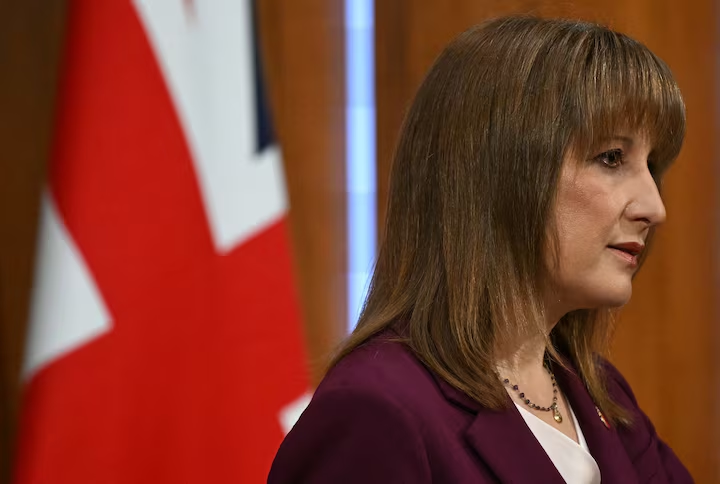News
UK’s Rachel Reeves to Urge Insurers to Boost Investment in London, FT Reports

UK Chancellor Rachel Reeves is expected to call on top insurance executives to channel more investment into London’s economy, as the government looks to revive business confidence and accelerate growth in the country’s financial capital, according to a report by the Financial Times.
Reeves, who has made economic stability and private-sector investment central to her fiscal strategy, will meet leading insurance industry figures this week to encourage them to expand their commitments to infrastructure, housing, and renewable energy projects within the UK. The move comes as part of a broader push by the Treasury to unlock long-term capital from institutional investors to fund the next phase of Britain’s economic recovery.
Sources familiar with the plans told the FT that Reeves intends to position London as a “magnet for investment,” emphasizing that the UK’s financial and regulatory environment remains one of the most attractive in the world despite recent challenges. The Chancellor is expected to argue that stronger domestic investment from major insurers could help reinforce London’s global financial leadership while driving job creation and innovation.
The meeting will follow months of discussions between the Treasury and key financial institutions about reforming Solvency II rules, a set of EU-era regulations that dictate how much capital insurers must hold in reserve. The government believes that loosening certain restrictions could free up billions of pounds for productive investments in the real economy, without compromising financial stability.
Industry executives have welcomed the government’s engagement but remain cautious about the details. Many insurers say they support the idea of redirecting funds toward domestic infrastructure and green projects, provided the reforms are transparent and commercially viable. “We want to invest in Britain’s growth story, but it has to make sense for policyholders as well as shareholders,” one senior insurance executive said.
Reeves is also expected to highlight the role of insurers in supporting the UK’s transition to a low-carbon economy, aligning with the government’s net-zero commitments. By encouraging long-term private investment in clean energy, transport, and digital connectivity, the Treasury hopes to complement public spending with large-scale private capital.
Analysts say the initiative reflects Reeves’ broader effort to rebuild trust with the business community and establish a new partnership between the public and private sectors. “Reeves wants to present Labour as the party of stability and growth,” said Richard Collins, an economist at the Centre for Policy Research. “Engaging with insurers is a signal that the government sees them as essential partners in financing the UK’s future.”
The upcoming discussions are also expected to address London’s competitiveness as a global financial centre, amid concerns that post-Brexit regulatory drift has made it harder for UK firms to compete with counterparts in New York, Paris, and Frankfurt.
By appealing directly to insurance leaders, Reeves aims to reaffirm London’s reputation as a world-class destination for financial services and investment. As one Treasury source put it, “This is about showing that Britain is open for business and serious about long-term growth.”






















